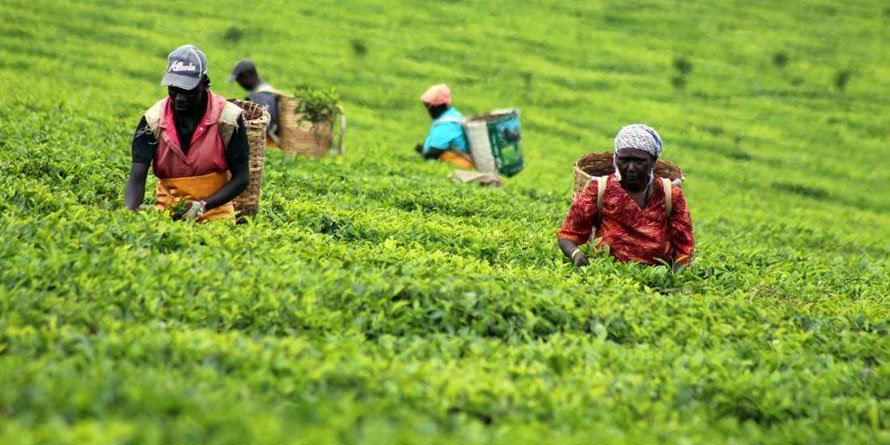- It is crucial to prioritise and support tea farming to stabilise the economy and restore the lost glory of the agriculture sector.
The agricultural sector in Kenya has long been the backbone of the economy, providing livelihoods for millions of people.
Recognising the importance of revitalising this sector, the government has made commendable commitments, including establishing a dedicated ministry for agriculture and assigning specific responsibilities to the deputy president.
These initiatives were intended to boost morale among farmers and create an environment for them to thrive. However, recent reports indicate that the tea subsector needs to be addressed in certain areas, particularly regarding the fertiliser subsidy program.
It is crucial to prioritise and support tea farming to stabilise the economy and restore the lost glory of the agriculture sector.
The government's efforts to support the agriculture sector, including the provision of subsidised fertiliser, have been commendable. However, it is disheartening to learn that the tea subsector has yet to receive the full benefits of this program.
Read More
According to Enos Njeru, the Chairman of the Kenya Tea Development Agency (KTDA), the government still needs to fulfil its promise of approximately 5 billion Kenyan shillings for tea farmers.
Only 1.4 billion shillings have been disbursed, and no further funding has been provided since September of the previous year. This delay in the disbursement of funds not only hampers tea production but also affects the financial obligations of tea factories.
For tea farmers to thrive and contribute to a stable economy, they must receive support promptly. The availability of inputs, such as subsidised fertiliser, is vital in increasing productivity and ensuring financial stability.
Tea farming requires proper nurturing and inputs at the right time to maximise yields and maintain the quality of the tea produced.
The government can empower tea farmers to boost production and contribute significantly to the agricultural sector's growth by ensuring that the fertiliser subsidy program is implemented correctly and funds are disbursed promptly.
Deputy President Rigathi Gachagua has been at the forefront of championing reforms in various sectors, including agriculture. To strengthen the tea sector further and promote financial stability for farmers, the deputy president needs to consider the timely availability of inputs.
By advocating for prompt disbursement of funds and ensuring that tea farmers receive the necessary support, the deputy president can help create an enabling environment for increased tea production and overall sector growth.
The stability of the Kenyan economy relies heavily on a thriving agricultural sector. By investing in and supporting tea farming, the government can contribute to economic stability, job creation, and poverty reduction.
Tea farming significantly impacts rural communities, providing employment opportunities and income generation. Therefore, prioritising the tea subsector and addressing its challenges will benefit farmers and contribute to a stable and prosperous economy.












